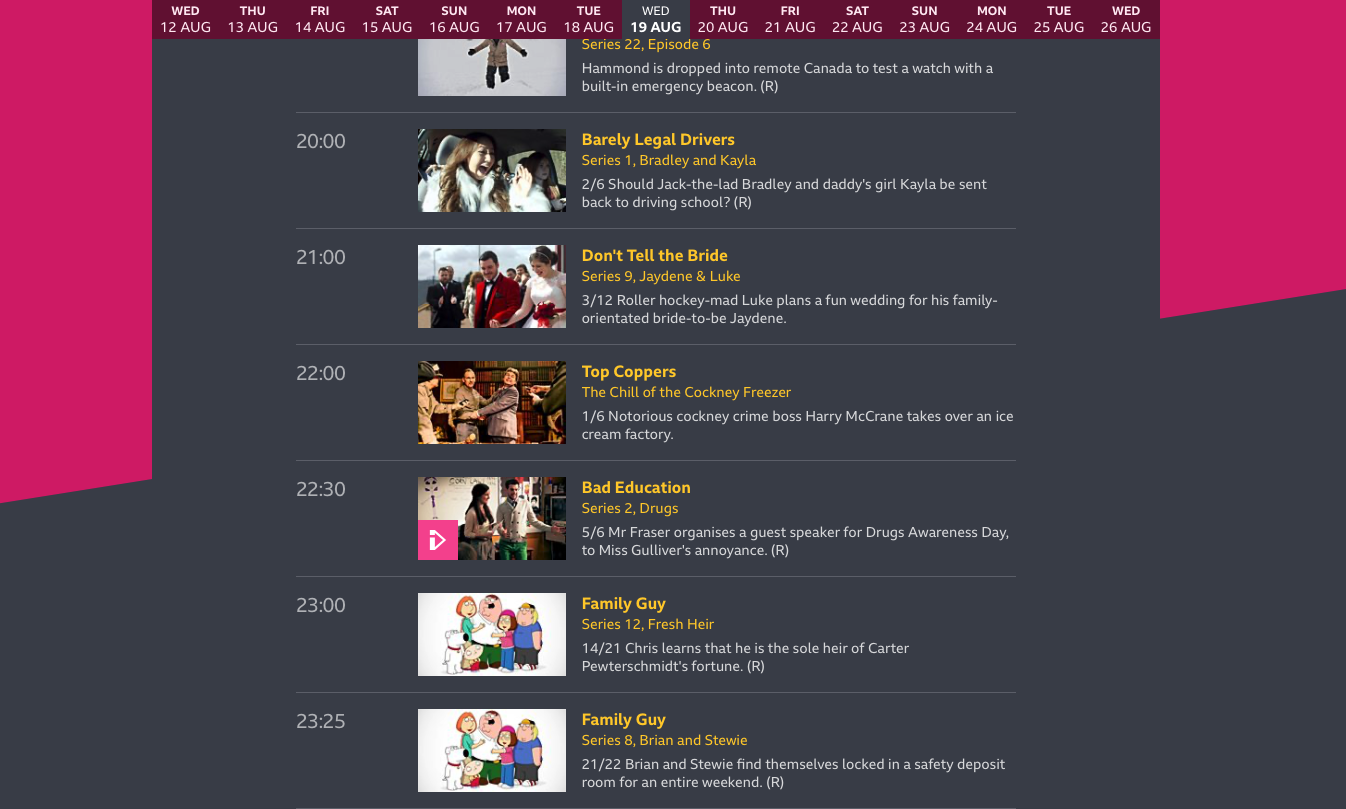BBC Three: Déjà vu all over again?

Normal People. Credit: Enda Bowe/BBC
With BBC Three set to find itself back on our TV screens, broadcast consultant Stephen Arnell outlines the challenges the channel will face
We knew as early as May last year that the BBC were “considering the case” for bringing back BBC Three as a linear TV channel, so the news that the prematurely side-lined entity is due to return in January 2022 is not a huge shock.
When BBC Three was canned back in 2016, many (including former channel controller Zai Bennett) wondered at the wisdom of the move and the likely effect on the Corporation’s share of younger (16-34) viewers.
At the 2015 Edinburgh TV Festival, Bennett (who had by then left the BBC) stated:
“The crux of this is a £3.5billion organisation is choosing to stop funding, in a big way, programming for this audience, a young adult audience. They can’t get it anywhere else, there isn’t a single destination for it. That audience does consume television. 96% of its consumption is via TV.
“Going online is a strategic smokescreen. Its content is already online. It is just a big cut, that’s what it is. Other channels will be rubbing their hands with glee.”
[advert position=”left”]
Subsequent years have proved the wisdom of the now Sky managing director of content’s words, as the BBC began to haemorrhage younger viewers almost as soon as BBC Three moved online.
The decision to revive BBC Three as a linear proposition will be broadly welcomed, although some feel that it could be too late to ween 16-34s back on to traditional channels, as opposed to just the shows they like to watch on BBC iPlayer.
Putting my former channel controller hat on, I do find it odd that the BBC have decided to retain the former BBC Three transmission hours of 19:00-04:00.
Why? Because the two hours before 9pm were generally filled with Top Gear re-runs, pop-fact and other repeats that could play before the watershed.
The BBC’s stated desire to “expand the remit of BBC Three with a pre-watershed content offer suitable for 13+” looks to be counter-intuitive, as they presumably desire this young audience to be watching soaps and other broad-appeal fare on BBC1 at this time.
And I’ve always found that 13 year olds generally like to watch what 16+s are viewing (and even more so at ages 14 and 15), so to deliberately slice the target audience to include 13-15 year olds seems a pointless exercise.
Or maybe BBC Comms have mangled the message, which is a possibility.
To my mind, it would be more advantageous for BBC Three to begin its linear transmission at 9pm every evening without the watershed restrictions, and save some cash for the likes of Normal People.
The move back to network TV also throws out other questions…
Will BBC1 continue to highlight BBC Three shows in the late evening schedules, and will first runs of shows such as Killing Eve migrate permanently to either BBC1 or 2, where ratings will probably be higher than on a rebooted channel?
BBC Three is unusual in still having a dedicated channel controller; how does that square with chief content officer Charlotte Moore’s recent organisational changes due to take place this April?
BBC Three’s content budget will apparently be doubled in the next two years – where will that come from? BBC4? OAP licences? Not a great look.
If so, prepare for the howls of outrage from those MPs who claim to especially cherish the niche arts and history channel. And OAP votes.
The revived BBC Three will also face a problem that it escaped/muddied the waters by moving online.
Namely the absence of Seth MacFarlane’s popular long-running animated series Family Guy and American Dad, which provided a sizeable proportion of the channel’s ratings ballast over the years until 2017, when the BBC Three licence finally ended and ITV could enjoy the full FTA (free-to-air) monopoly.
Oopsies.

BBC Three schedule, 2015
Presumably the EastEnders same day catch-up episodes, previously a monotonous fixture of BBC Three schedules, will also be off the menu – as they were binned by UKTV’s W channel back in 2018 due to low audiences.
So altogether, ratings expectations for the re-born channel will need to be carefully messaged if comparisons are made with BBC Three’s previous linear performance, especially if including FTA exclusive transmissions of MacFarlane’s hit shows.
Stephen Arnell is a broadcast consultant and former channel controller




